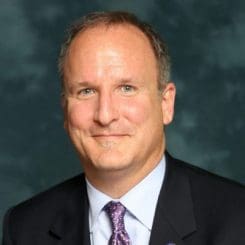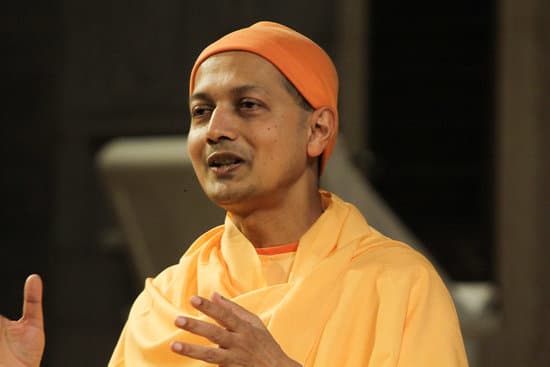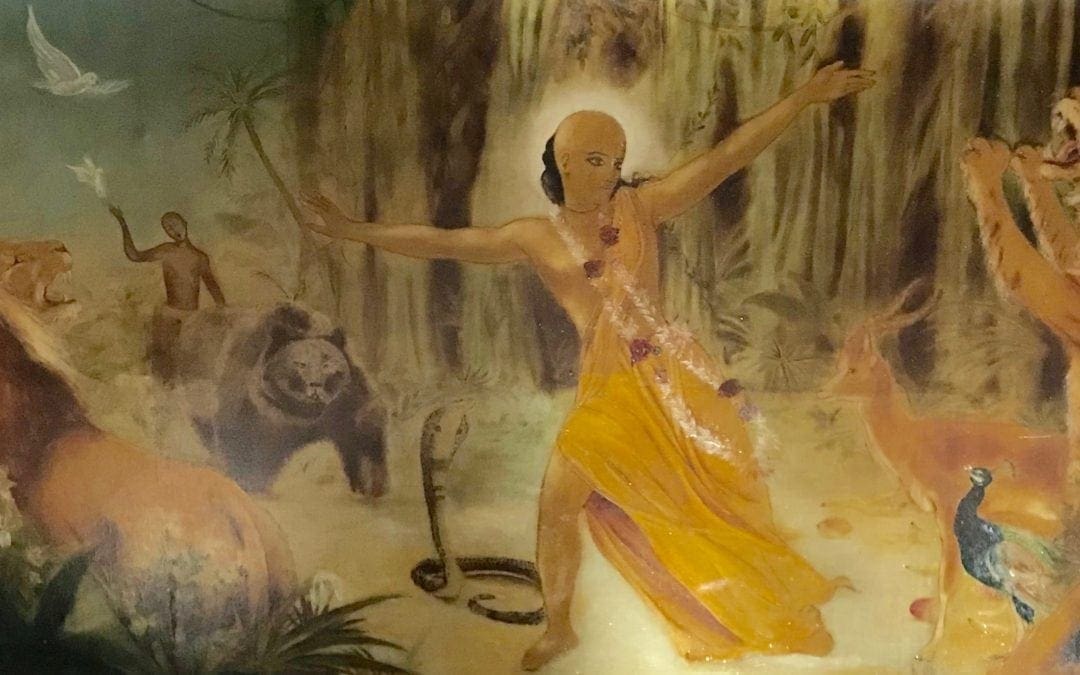No Results Found
The page you requested could not be found. Try refining your search, or use the navigation above to locate the post.


Ray Mattes, IHM, DMin, LPCC, is a pastoral theologian, professional gerontologist and licensed psychotherapist. He speaks locally and nationally on lifelong spiritual formation and later life development. Ray has served in long-term care administration and as a spiritual director, retreat leader, consultant, coach and facilitator to individuals, not-for-profit organizations, religious communities and churches.
A member of the Immaculate Heart Community of California, Ray is commissioned for ministry through the Federation of Christian Ministries. He holds a doctorate in counseling and spiritual care from Wesley Theological Seminary and a master’s degree in pastoral theology from Loyola Marymount University. In addition, he holds masters’ degrees in gerontology and public administration from the University of Southern California, and a certificate in Franciscan studies from the University of St. Francis.
Speaker: There’s Something About Mary: Why Major Religions Revere the Mother of Jesus

In a world where conflict, hate, and violence seem never-ending, how can we overcome racism and injustice? The Rev. James Lawson believes that nonviolence, rooted in truth and love, is key to winning the struggle. And by nonviolence, he doesn’t mean being passive. When based in truth and love, nonviolence includes taking direct action to resist wrongs and confront injustice.
Our event Light in the Darkness took place weeks after one of the most divisive presidential elections in U.S. history. Amid threats of nationwide violence and the ongoing Covid crisis, we invited faith leaders to explore the spiritual and political challenges facing us and ways we might respond.
Rev. Lawson, our keynote speaker, opened the conversation. “You won’t like what I’m going to say,” he began, “because very few folk in the United States think it’s important.” He then explained the historical roots of nonviolence, which he contended grew in the U.S. Black community through the Negro spiritual.
These spirituals or hymns began under force – owners ordered slaves to sing in order to track their location. But with themes of spiritual freedom and power, the songs became a “first line of defense” against slaves’ circumstances. Despite their shackles, African Americans knew themselves to be free because their souls lived beyond this world, in God’s dignity, truth and love. Choosing this truth, rooted in compassion, was what fueled the Underground Railroad, an early example of nonviolent resistance. Truth and love also powered the U.S. nonviolent movement for civil rights – for which Rev. Lawson was a key strategist.
Like Gandhi did, Rev. Lawson believes that love is the most powerful force available to humankind. And he shared his belief that if the U.S. doesn’t overcome racism, sexism, violence and plantation capitalism with nonviolence, truth and love, we will help lead civilization to self destruction.
From there, our panelists reflected on Rev. Lawson’s comments. They shared thoughts on the current social and political landscape and how we can stay grounded in truth and love. We hope to continue this important discussion on nonviolence and the struggle for a more just and compassionate country.
The page you requested could not be found. Try refining your search, or use the navigation above to locate the post.
The page you requested could not be found. Try refining your search, or use the navigation above to locate the post.
The page you requested could not be found. Try refining your search, or use the navigation above to locate the post.
The page you requested could not be found. Try refining your search, or use the navigation above to locate the post.
The page you requested could not be found. Try refining your search, or use the navigation above to locate the post.

Satyagraha refers to the spiritual practices and principles that form the core of Mahatma Gandhi’s teachings about nonviolence. This way of being became the major tool of social change in India’s movement for independence from British rule. Satyagraha also strongly influenced world change leaders including Nelson Mandela, Dr. Martin Luther King Jr., and the Rev. James Lawson.
Mahatma Gandhi coined the term from the Sanskrit words “satya” (truth) and “agraha” (the pursuit of). It refers to a method of peaceful resistance based on ahimsa (nonviolence) and other spiritual practices and principles.
Satyagraha became a major tool in India’s movement for independence from British rule. It also inspired other change leaders including Nelson Mandela and Dr. Martin Luther King, Jr. and Rev. James Lawson, Jr.
In this lecture, Swami Sarvapriyananda describes Mahatma Gandhi’s search for truth and his creation of satyagraha. He notes that for the Mahatma, truth “always meant the ultimate truth: God.” In fact, Gandhi said it as “Truth is God.” In this way, truth is available to everyone, whether they believe in God or not. When this truth is embodied as a moral force, Swami notes, that is one way to understand satyagraha.
Swami goes on to point out places where the world’s forces collide with our spiritual practices. These collisions lead to a better understanding of satyagraha in our daily lives and how we can ultimately find our way.
In Swami’s words, “The spiritual and philosophical basis of Gandhian nonviolence is often overlooked. We must seek to understand the Mahatma’s spiritual philosophy in depth if we are to assimilate and adapt nonviolence to the issues of our times.”

Swami Sarvapriyananda is the spiritual leader of the Vedanta Society of New York. Known as an electrifying speaker, Swami Sarvapriyananda has been a monk in the Ramakrishna order for over 25 years. He is one of three Hindu monastics in residence at Harvard Divinity School.

In this conversation moderated by Dr. Lo Sprague, Tahil Sharma discussed the history and meaning of ahimsa – the concept of nonviolence. He then shared some personal reflections, followed by panelists Aziza Hasan and Rev. Najuma Smith-Pollard. Their words hit hard as each shared from the heart about experiencing and confronting the racism and hate long faced by the Black community and other people of color.
Tahil began by explaining that ahimsa is a core value of Jainism, Hinduism and Buddhism, religions that all originated in South Asia. Ahimsa was the inspiration for Mahatma Gandhi and others who led the South Asian movement for independence from the British. It also became the principle for Dr. Martin Luther King and leaders of the U.S. nonviolent movement, who used peaceful resistance to defeat injustice. Today, ahimsa continues to inform us about how to engage unjust systems and practices and equalize our society.
Tahil went on to share that, being of South Asian descent, he has experienced racism all his life. When he realized racism existed even in his cultural and religious traditions, he had a crisis of faith. And he saw unintentional white supremacy lurking in the interfaith community, where few people of color held decision making roles.
For Tahil, these situations posed hard questions. In looking at ahimsa, he noted, our faith traditions mandate that we engage in antiracism. But instead, these communities, which should be at the forefront in fighting racism, are falling into it. “What do we do in the face of living in a thoroughly racist system?” he asked.
Aziza said her main takeaway from Tahil’s reflection was that ahimsa is respect for all living beings. She told a story from the Qur’an in which God created Adam from mud and breathed life into him. But Iblis (Satan) refused to bow to Adam, calling him “dark mud,” and thus was cast out of heaven. Because God’s own breath is in every being, Aziza noted, we should see all living creatures as sacred.
Another takeaway was the idea of self control, which she saw illustrated in Ramadan. Every year, Muslims complete the month of fasting with support and encouragement from one another. Likewise, Aziza said, in a time of global pandemic, rampant violence and hate crimes, we need everyone to help address these challenges with empathy, inclusion, and radical love. Her organization, NewGround, leads the way in this work by bringing Muslim and Jewish people together to dialogue with and learn from one another.
Rev. Najuma then shared about righteous confrontation. As a Black woman, she said, she has never known a day when racism wasn’t part of her life. Growing up and learning about the civil rights movement, she saw that Dr. King and others chose a nonviolent approach. Yet at the same time, she noted, they were “absolutely confrontational.” So as her parents taught her to love and respect others, she learned that love also includes confronting wrongs. And now, as a pastor, Black woman, and civic engagement leader, she has a mandate to confront racism and injustice.
Rev. Najuma encouraged us to continue in nonviolence but also to confront when needed, staying rooted in love for others and ourselves. “That’s where I find hope – that there are people that understand the larger concept of love,” she said. “And that love is confrontation, love is speaking truth to power, love is standing up for my brother and sister . . . whatever they look like.”
Our speakers opened up a thought-provoking discussion that challenged listeners in many ways. While the conversation covered much ground, it became clear that we’d barely scratched the surface of nonviolence and racism. The event ended with a promise of future events to continue the conversation. We hope these forums will offer a safe space where people can share painful truths and learn to understand one another in love and respect.

No matter how humans choose to treat them, the fact remains that animals are living, breathing, sentient beings. They feel. They think. They hurt. They love. The more we learn about them, the more we discover just how deep and complex their bonds are with their families and those with whom they live and interact.
Much of the justification for how humans see and treat animals comes from what our faiths teach us. What is our role in the lives of animals? What’s their place in our lives? You may be surprised to learn what different faith leaders and scriptures actually have to say about animals.